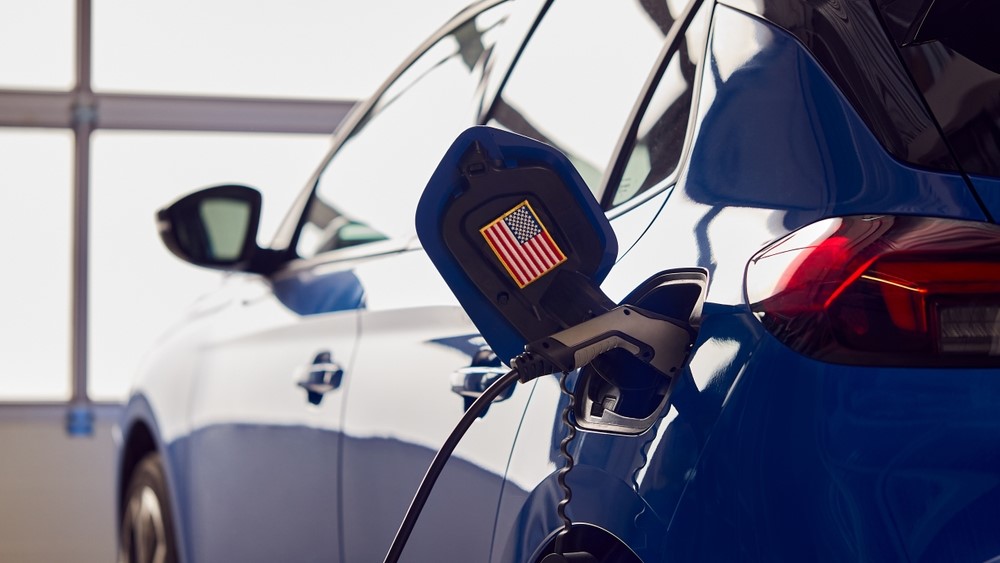With federal funding scrapped and thousands of stations shut down, electric vehicle expansion in the U.S. faces a serious slowdown under Trump’s second-term policies.
Others are reading now
The pace of electric vehicle (EV) infrastructure growth in the United States is stalling.
According to new data, the number of fast-charging station installations dropped by over 21% in the first quarter of 2025 compared to the same period last year.
As President Donald Trump doubles down on anti-subsidy policies, analysts warn the EV sector could be in for a deeper crisis.
The pullback in growth comes as the Biden-era National Electric Vehicle Infrastructure (NEVI) program — designed to distribute $5 billion in federal funds over five years to support nationwide charging expansion — has effectively been scrapped.
Also read
Within weeks of returning to office, Trump halted all federal subsidies for new charging stations and permanently shut down 8,000 existing locations.
“We’re Going Backwards”
Bloomberg has revised its forecast for new U.S. chargers in 2025.
The new estimate is 285,000 units — down from a previous projection of 360,000. Analyst Ash Wang warns the longer-term trend could be even more severe.
“If we continue on this path, BNEF’s outlook for annual charging station installations in the U.S. in 2030 could be adjusted downward by 30 percent or more,” Wang said.
The U.S. Department of Energy reports that public EV charging points currently number just over 208,000.
But to keep up with growing demand, about 174,000 additional stations are needed annually.
At the current rate, the gap is only widening.
A Policy Reversal with Ripple Effects
The dismantling of federal support marks a sharp turn from the previous administration’s EV expansion strategy.
Under President Biden, the NEVI program was central to modernizing the nation’s grid and preparing for a rising share of electric vehicles.
Trump’s cancellation of the fund not only halts that progress but may also chill private investment.
S&P Global has cautioned that with federal incentives gone, fewer private-sector players are likely to invest in EV infrastructure.
That could result in slower charger rollouts, greater charging scarcity, and increased hesitation from consumers already wary of range anxiety.
Responding to criticism over the rollback, White House spokesperson Harrison Fields placed the blame squarely on Democrats:
President Biden’s ridiculous electric car initiative promised much but delivered nothing,” Fields said. “It left American taxpayers to cover the costs of deals that enriched the Democratic base.” He added, “President Trump was elected to dismantle the Green New Scam, and he is fully committed to doing so.
While electric vehicle adoption continues globally, the U.S. risks falling behind as policy reversals slow the pace of infrastructure needed to support long-term growth.
Unless incentives return or alternative investment models emerge, the country’s EV momentum may struggle to recover.


